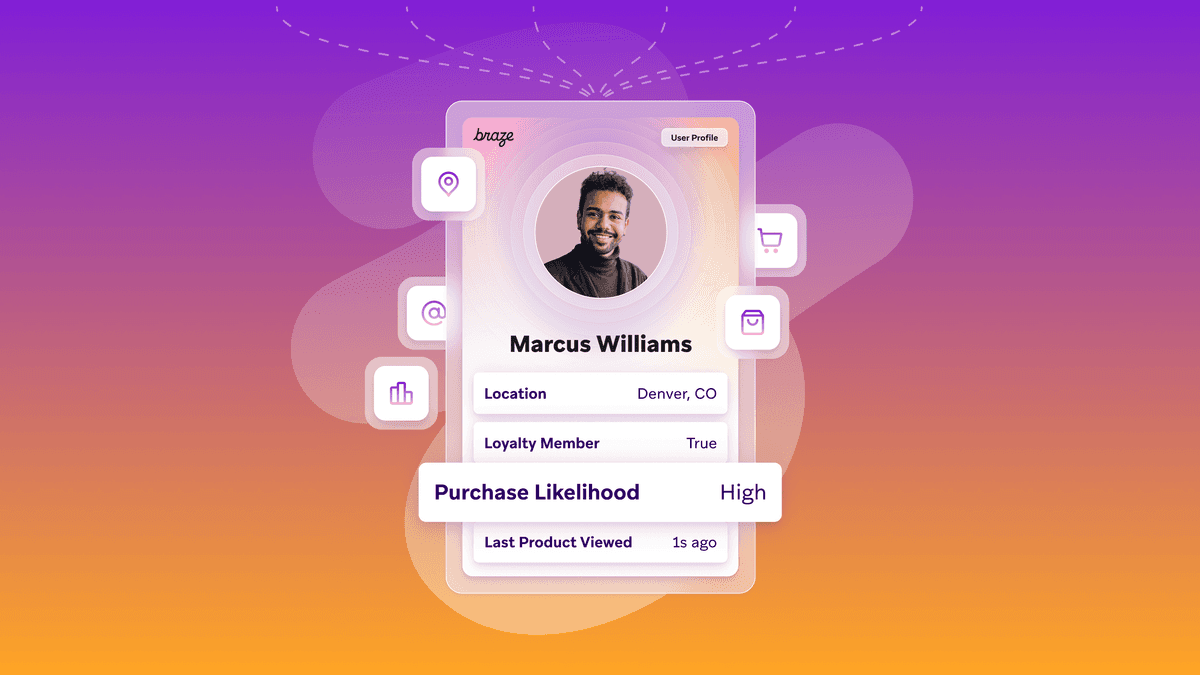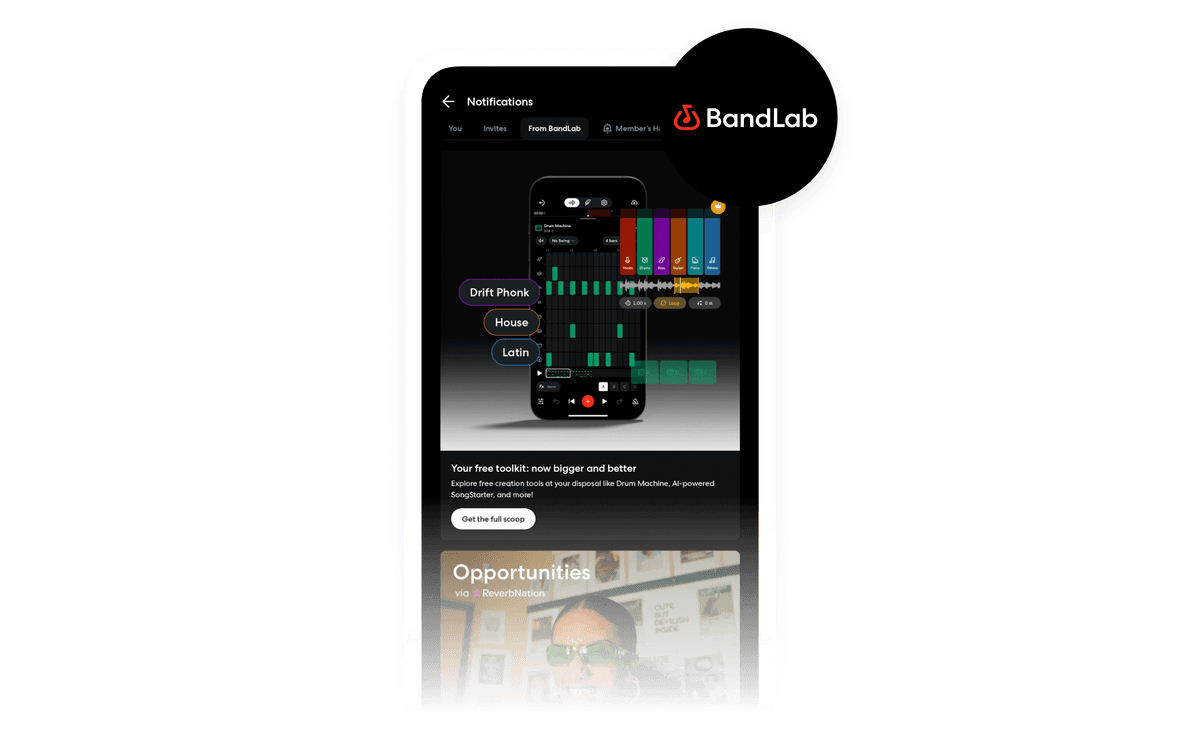Featured Stories
SUBSCRIBE
Please select one option only and then submit your preference.Please enter your business email address.Be Absolutely Engaging.™
Sign up for regular updates from Braze.
Loading...
Explore more from the Resource Hub
Join the movement to journey orchestration.
The move to highly-intelligent, always-on journey orchestration is happening. And much of it is happening on our platform. Join brands of all sizes who are taking the craft of customer engagement to the next level.















